Meet The Hosts of Psych Central's New Podcast with Gabe Howard & Vincent M. Wales (Podcast)10/23/2016
There is a new podcast launching this fall from Psych Central. Gabe Howard and Vincent M. Wales come on The Conquer Worry Podcast to tell listeners about this exciting new resource from Psych Central.

From the Psych Central Website: Psych Central is the Internet’s largest and oldest independent mental health social network. Since 1995, our award-winning website has been run by mental health professionals offering reliable, trusted information and over 250 support groups to consumers.
0 Comments
Mental Health Activist Craig Lewis comes on the Conquer Worry Podcast to tell his story of Mental Health Recovery after his 30 year battle.
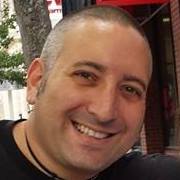
About Craig
Craig Lewis is an Expert by Experience, a Psychiatric Survivor, the author of Better Days- A Mental Health Recovery Workbook, a life long punk rocker, a fearless activist, a workshop trainer and international speaker. Craig has survived a lifetime of struggle and has chosen to not allow his suffering to be wasted. Craig shares of his experiences, knowledge and lessons learned, in hopes of supporting others in living happier, healthier and more satisfying lives. This is an ongoing journey and Craig, like all of us, is a work in progress. Website: www.betterdaysrecovery.com Article by Two Wise Chicks Post design by Christy Zigweid Picture by StartupStockPhotos via Pixabay made using @wordswagapp Mental Health Week is drawing to a close and we are very happy. There is a real shift towards people truly understanding that it is OK to not always feel OK... and that asking for support is OK, too. This change means that people around the world are beginning to not just think - but KNOW - that each of us has feelings, needs and fundamental worth, and that if we are struggling with these things, change is possible. Shame-free, guilt-free change. What to do?! Where to go?! Because we are learning to claim our right to feel better, many more of us are choosing therapy as part of a life-improvement process. But what seems to perplex a lot of people though is how to choose a therapist. So, we've pulled together some helpful guidelines if you or a loved one has decided to see a therapist, psychologist or counsellor (there are some important differences).
What are the things I should be looking for in a therapist?Your first step might be to ask your doctor (GP) for a referral. Most, although not all, therapists and counsellors will make themselves known to the doctors (GPs) in their local area. If you have a good relationship with your doctor they may be able to match you with a suitable person. Bear in mind that your doctor may not ever have met the therapist in question and so a referral from a doctor is not a guarantee of a fit (nothing is really, you can only decided that yourself). Ask your friends and family if they can recommend someone to you. Psychologists, counsellors and therapists often get personal referrals - especially the good ones ;) - from people who discuss their therapists with their friends. A friend's recommendation is very useful because, well, they're your friend. So they may have an idea of who and what will suit you. Of course, remember that individuals vary, and what worked for you friend may not work for you and vice versa. Think of it as a guide, a good one - but not a guarantee. Shop around. You might get several referrals! If this is the case then please do feel OK about calling a few and seeing how you feel when you speak to them on the phone. It's a big decision and your comfort is important. Therapists are accustomed to speaking with people who are nervous, so there is no judgement. Check out their profile on LinkedIn, their Twitter, website and so on. Bear in mind that not all therapists have an online presence. If they have a license to practice (psychologist, social worker, etc.) check out the licensing body's website (more on that below). Interview your therapist. We would recommend speaking to them on the phone first, and many will offer a *free* phone call so you get a chance to connect and get a feel for the fit. We realize this might sound strange, but in essence you are about to employ this person. It is deeply personal work - the same as you might shop around for a new hairstylist, consider a therapist an EVEN MORE important decision. Here are some questions you might want to ask any therapist that you choose to contact:
Therapists are people too. Even with years and years of training and/or experience, a therapist will bring their own personality to their work. If you find that despite a pile of education and experience you do not feel comfortable with your therapist for ANY reason (their sense of humor bothers you, the perfume they wear makes you feel nauseous) - instead of judging yourself or discounting your feelings listen to your own gut. Address minor issues with your therapist if you feel comfortable doing so, but major personality conflicts will just get in the way of making progress in therapy. It's really okay to look for someone that feels like a better fit. These are the things we have learned to look out for over the years. Past clients have asked us these questions, we have answered most of these (and possibly more) for our clients, and coached the people we care about to ask these questions, too. Our hope is that they will help you come to as informed a decision as possible so that you can proceed knowing that you are safe. Have we left anything out?Please add your experience, comment or question in the comment section below. Good luck on your journey toward self-care! About the Authors Sally O’Reilly
Sally wants to help create a world of compassion for ourselves and others. A world where mistakes are allowed, gender roles don’t exist, sex ed in schools is a real thing and everyone dances – lovely! As a psychologist and psychotherapist in Ireland, she’s worked for nearly twenty years in private practice, with adults and trainee adults of all ages. She blogs on her own website, is a feature writer for super duper parenting websiteVoiceboks.com, does print and radio media work and has been known toTweet. She’s the one running our Twitter page! When she’s not working, you will find her engrossed in Science Fiction or some dark and Danish TV show, listening to music, watching the sea (while really, really wishing it were warmer), or figuring out how to work Lightroom on her Mac. All while munching on Bombay mix. #multitasker! She’s happiest when dancing and erm…. her cat has his own Facebook page. We won’t link to that, it’s too embarrassing.. Tanya Tinney Tanya looks forward to living in a world where people know their worth, respect boundaries, and always have time for tea and chocolate. A magic bubble that protects her from sticky fingers, hormonal girls and dog hair would be awesome as well. Her education and much of her training is in the areas of psychology and human potential. She worked as a licensed psychologist for over 14 years, with 10 of those years spent building her own successful private practice. In total, she has over 20 years of varied experience working, volunteering for non-profit agencies, and consulting to small business. Most recently she has launched her dream online coaching practice where she gets to work with motivated, amazing women who need help overcoming life’s hurdles. Exciting times! She has lived in Ireland, Ethiopia (okay, just 6 months), Canada, and currently lives in central Texas with her husband, three girls (including fraternal twins), two dogs and three cats. When she’s not finding ‘everyday moments’ to write about here or on herown blog, you can find her being walked by her dogs, unearthing unidentifiable food-objects under the couch cushions or baking her famous banana bread. Tanya runs our Facebook page – and not to be outdone by Sally’s cat, her dog has its own Facebook page too. Guest post by Jessica Morris Blog design by Christy Zigweid Photo by tspdave via Pixabay made using @WordSwagApp It is a single thought, triggering feelings of anxiety in my stomach that gravitate upwards towards my brain, and down towards my feet. It sweeps in, its dark cloak hiding the light of reality, shrouding my mind in confusion that will circle until I distract it, or until it becomes exhausted from repetition. In any case, it will eventually fly away, waiting for the next opportunity to come and consume my mind and body. My obsessive-compulsive tendencies do not appear like they say in the books. In them, they show pictures of people washing hands and meticulously lining up objects in order of color and size. I have been known to do these things, but they are not the compulsions that threaten to break me. Photo by geralt via Pixabay It is the thoughts. It is the constant cycle as they spin round and round and round and round—like a death march pulling me closer towards an abyss that doesn’t even exist. They create a maze, which, if I am not careful, I begin to believe I am trapped in. A maze of never-ending thoughts, feelings and uncontrollable behaviors. I hate my Obsessive Compulsive Disorder. I do not even like to call it mine; after all, it does not define me. It is but a collection of chemicals and synapses. But in those moments, when I can’t see or think of anything but that which I fear, I start to believe that we are one and the same. In the seconds the thought begins, it traces its way through my body towards a reaction. I have learnt to recognize it almost immediately. Once it would keep me up—minutes and hours and days spent obsessing over the same incident. Through time, however, I have become accustomed to OCD’s plans and schemes. How it latches onto words and names, faces and memories. How it likes to catch me off guard when I am tired and burnt out, delivering unfounded threats, saying it will topple my years in recovery and the many times I have conquered it. The moments it strikes are hard to overcome, because it is difficult to prevent your body from reacting to something it is programmed to respond to. It’s like having something wrestle you to the ground, but when you try to fight back, it increases its grip. Only by waiting out the moment does the thought and sensation lose its power. And ever so slowly, it leaves you alone and the chemicals in your brain make a new, healthier path, allowing you to see that the attacker wasn’t even really there. It was all just thoughts and chemicals, pulling you into a parallel reality. Sending you into panic mode. I know that I am stronger than these thoughts and compulsions. As a teenager I would visualize my fears, and they kept me shut inside my bedroom, afraid of myself and the world around me. I found freedom when I told my parents about these thoughts—about how I was scared they were real, and that I was living a lie. I found freedom when, with the support of my psychiatric nurse, I took short walks in the daylight, slowly decreasing my irrational fear of being attacked outside of the home. I found freedom when I realized that I didn’t want to die, even when the thoughts and compulsions told me I did. The truth is, OCD has robbed me of a lot. Sometimes it still tries to steal precious minutes of my days. But I have realized that who I am today—the strong, resilient woman I have become—would not exist without it. By facing OCD and anxiety, I have learned that small steps lead to grand adventures, and short walks outside bolster courage within me to explore new lands. By struggling with OCD and anxiety, I have learned to have empathy and compassion towards people who are different to me, because I have questioned my own identity too. By questioning OCD and anxiety, I have redefined and re-evaluated what I believe, and why I want to be alive. And by overcoming OCD and anxiety, I have learnt that this all-encompassing illness does not define me. I am not the thoughts it places in my head, or the panic that sets in about something I am in control of. I am not the insomnia, or the chemicals and hormones racing around my body, triggered by a lingering doubt in my mind. I am so much more than this. I am brave and bold, fearless and courageous. Yet I would not possess these in such great quantities if I did not battle with Obsessive Compulsive Disorder. I have hope that one day the OCD will pass forever. That the triggers of this season will cease, as did those of past years. That the fears they bring will be overcome with love and patience and trust. That I will become so confident and certain of my own worth and identity that the moment a thought attempts to trigger a compulsion it will be blocked by my own self-love. Until then, I ride it out. I take the moments OCD strikes as an indicator that I need rest, and I revel in the victory awaiting me on the other side of it. I redefine OCD as an illness, not an identity—a moment, rather than a lifetime. I am not my Obsessive Compulsive Disorder, but because of it I have become me. And that is why I will overcome it, every single time. This excerpt comes from Jessica’s memoir, When Hope Speaks available now from jessicamorris.net. About the Author
Article by Steve Johnson Edit and Post Design by Christy Zigweid Photo by skeeze via Pixabay made using @WordSwagApp We all know the importance of physical exercise. It has the power to heal the body, clear the mind, and keep our waistlines in check. While regular exercise should be a top priority for everyone, it’s especially important for people with disabilities to stick to a moderate exercise regimen. Here are a few tips to help you ensure getting plenty of exercise stays a part of your daily routine. Create a Plan and Set Your GoalsThink about what kind of exercise would work for you, what kind of results you want, and your overall goals for your physical health. Consider whether you want to work out at home or whether group exercise will be more motivating for you. Write it all down and use it to help create your exercise plan. There are plenty of resources online for people with disabilities looking to create an active lifestyle. There’s also adapted versions of popular exercise activities that may be more suitable for people with limited physical ability, like chair yoga, aquatic exercise, and adaptive Alpine skiing. Remember, your exercise plan doesn’t need to be intense or complicated–as long as you commit to doing it regularly you’ll see benefits. Consider Alternative TherapiesMany alternative therapies will help you heal while also getting exercise. For example, aquatic therapy has been shown to improve muscle strength, flexibility, and balance while helping to decrease pain. Another option is to get a therapy dog. Therapy dogs can help reduce symptoms of depression and PTSD while encouraging physical exercise through dog walks and play. Work with Professionals If you’d like some help creating or implementing your exercise plan, consider getting advice and encouragement from a health care professional like a doctor or physical therapist. There are also personal trainers who specialize in fitness for people disabilities. All 3 types of professionals should be able to help you figure out what you’re capable of and what activities you’ll enjoy. Keep in mind that–depending on your disability–you might need to seek clearance from your doctor before starting a new exercise regimen. Photo by Andrew Malone via Flickr Listen to Your BodyWhether you work with others or go it alone, always remember to listen to your body. Tune in to any physical sensations you have during exercise and know when to take a break. Remember–you should feel like you are putting your body to work, but you shouldn’t be feeling pain. If you find yourself in pain during exercise, stop immediately and consult with your doctor before continuing. If you’re experiencing chronic pain, it may be more rest that you need rather than more intense activity. Work with your physician to find the right balance. Sticking to an exercise routine can have its ups and downs, but once you start, the physical and mental health benefits you see will make it well worth it. ABOUT THE AUTHOR Steve Johnson has always been dedicated to promoting health and wellness in all aspects of life. Studying in the medical field has shown him how important it is for reputable health-related facts, figures, tips, and other guidance to be readily available to the public. He created PublicHealthLibrary.org with a fellow student to act as a resource for people’s overall health inquiries and as an accurate and extensive source of health information. When he isn’t hard at work in his studies, Steve enjoys playing tennis and listening to his vintage record collection.
Have you ever felt like a fraud? Do you treat yourself poorly? This is the episode for you!
In this podcast Lara Heacock comes on to discuss The Impostor Syndrome and The Self Kindness Revolution. 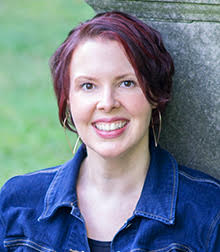
ABOUT LARA (From Her Website)
Hi! I’m Lara Heacock, and I believe, so strongly, in being kind to yourself. My Kind Over Matter story began after decades of trying to check all the “right” boxes… I got the degree (in Psychology) and then an MBA. I got a house and a husband, and I poured my heart and soul into a very successful 11 year career as a professional recruiter and leader. I was the strong one holding everyone else up, determined to maintain the image that I had everything perfectly under control, and could do it all! I was the good one, the reliable one, the one who had it all together, but I wasn’t happy. There was nothing left for me. Eventually, I was exhausted. I couldn’t fall asleep at night and had no energy during the day. I felt disconnected, misunderstood and angry…a lot…especially at my husband. Even though I’d cultivated this ‘perfect’ image, I still struggled with how I felt when I looked in the mirror, but I thought it was weak to share any of this. After all, I was the strong one! What would people think? I was not good at asking for help, and kept hoping that staying busy and having nice stuff would make me feel better. When I realized that I could no longer get out of bed on time to get to work, and that I was procrastinating everything because I felt insecure & anxious, I knew something had to change. My emotional balloon was about to burst! I started being kind to & taking care of myself, and everything changed. I was happier, felt balanced and got “me” back! My marriage improved and my stress level went WAY down. I even found the courage to pursue my lifelong dream of becoming an Executive Life Coach. It was the start of a journey that changed my life. I will never forget sitting in my first day of coaching training and admitting that I was afraid everything was fake and there was nothing underneath. Guess what?
You can’t do it alone either, and you don’t have to. When I learned to love and take care of myself, everything changed. I found my inner light. I built a foundation of self-kindness and acceptance, and am now better equipped to handle what life throws at me. Through my training, I was able to re-claim my self-worth, self-respect and creativity. If I can change, so can you! Since then, I’ve spent hundreds of hours helping others:
Life is short, and you deserve to enjoy yours fully! Let me show you how. Click HERE to read about working with Lara |
Build Your Action Based Stress Reduction System
Popular PodcastsOlympian Suzy Favor Hamilton - From Fame to Prostitution to Advocacy
Hall of Fame Basketball Star Chamique Holdsclaw on Mental Resilience Diana Nightingale on her husband Earl Nightingale's Principles for Mental Health Success JoAnn Buttaro on Date Rape & PTSD Survival Story: Its Never Too Late Gabe Howard on BiPolar Advocacy Phil Fulmer on Teen Suicide Prison, Bipolar and Mania with Andy Behrman Columbia Univeristy's Dr. Rynn on OCD Archives
March 2018
Categories
All
|

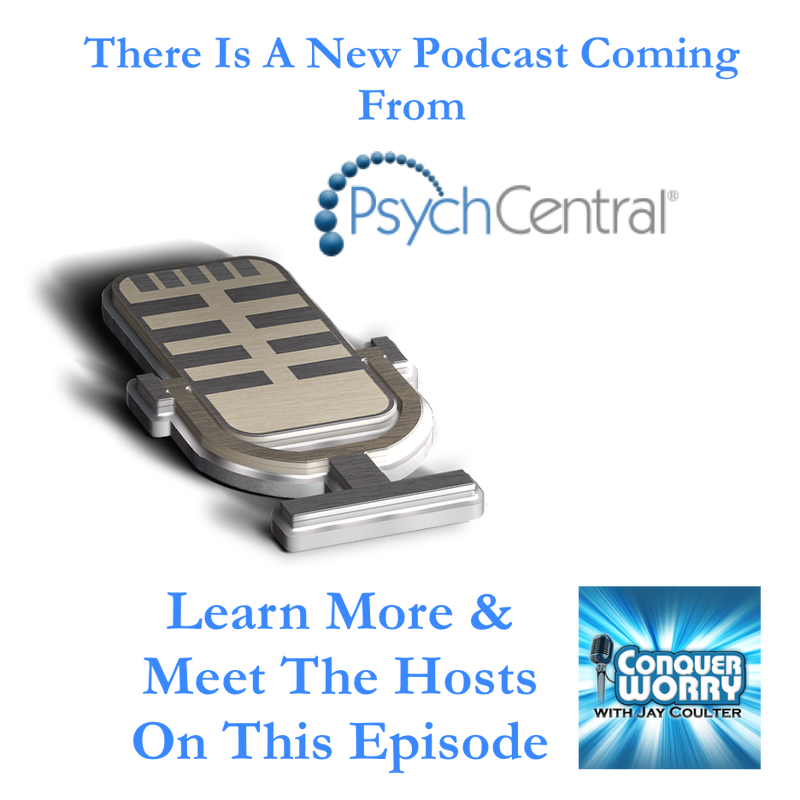

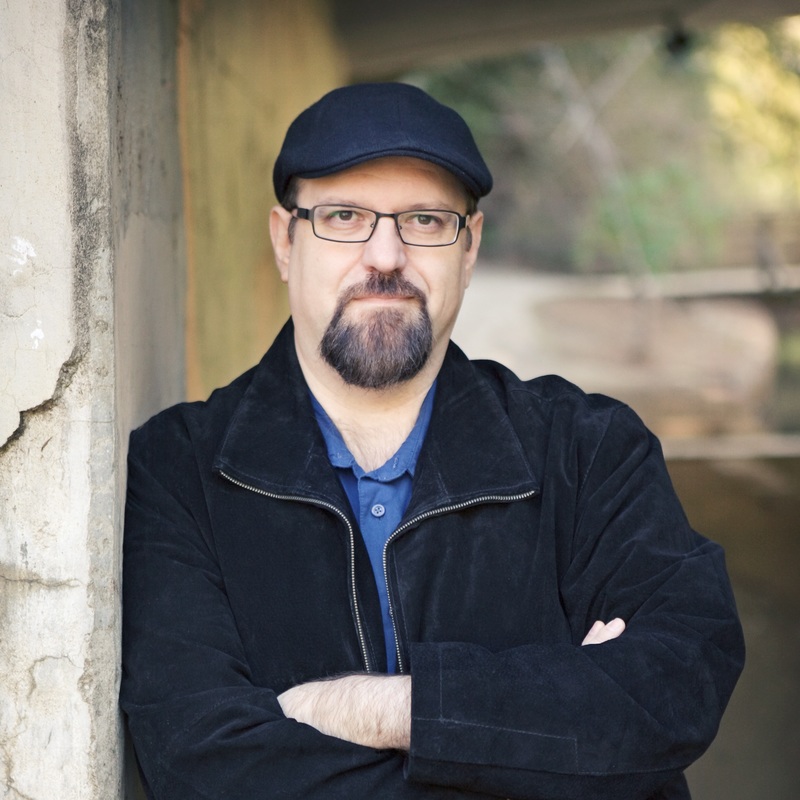
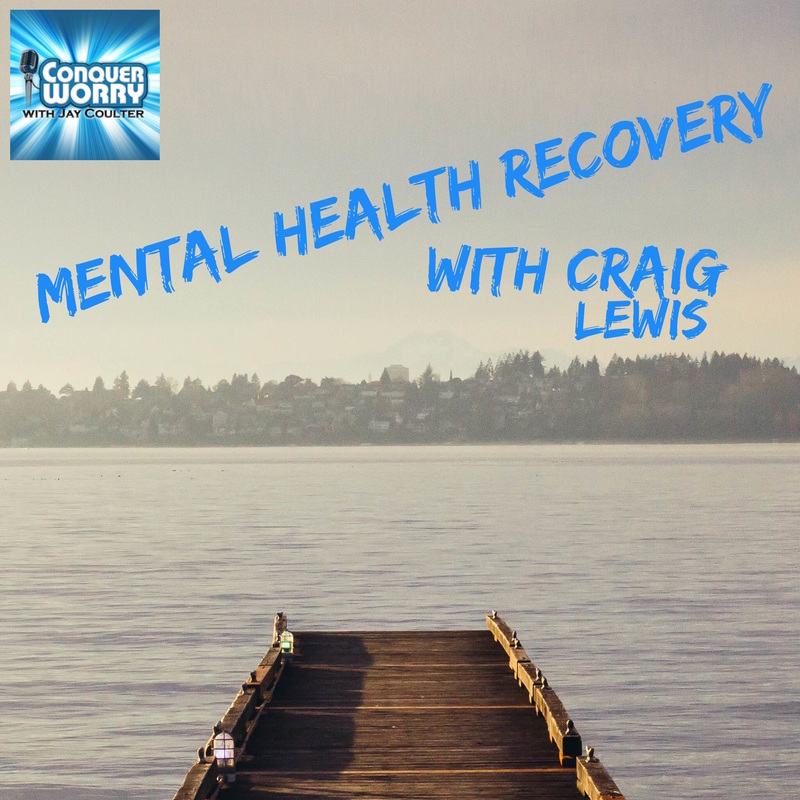
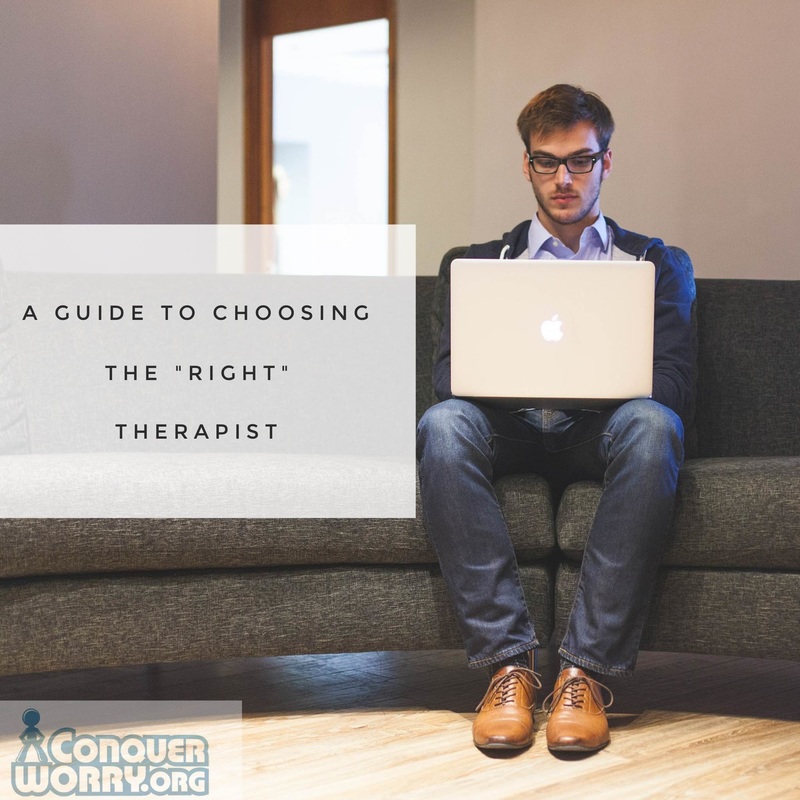


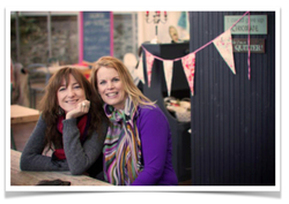
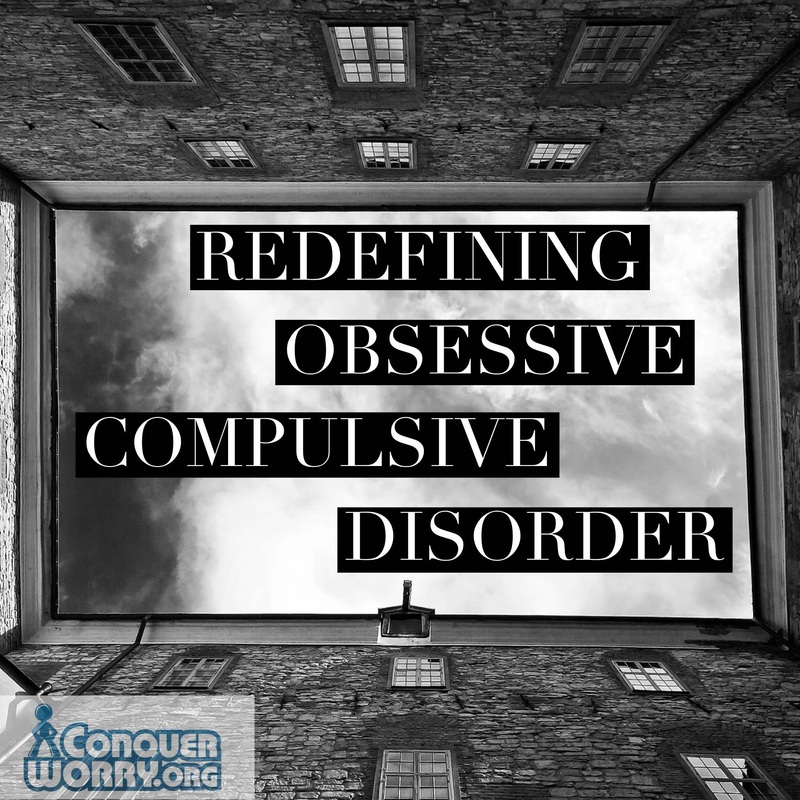



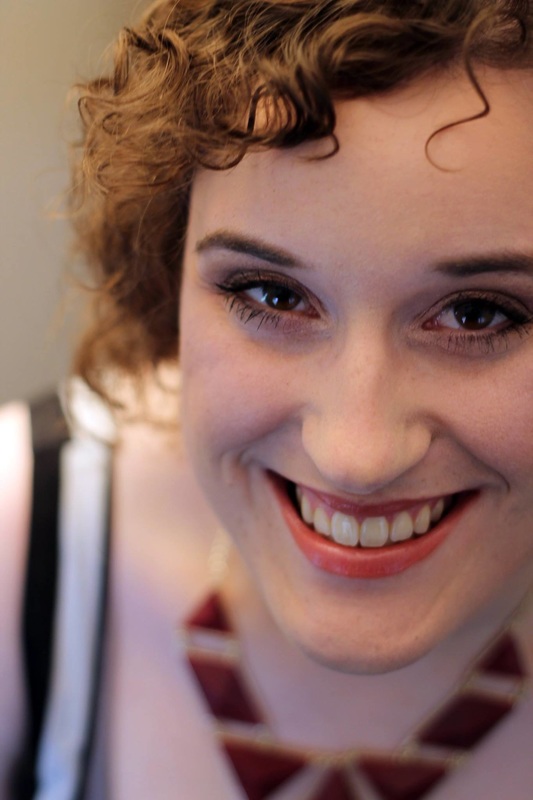
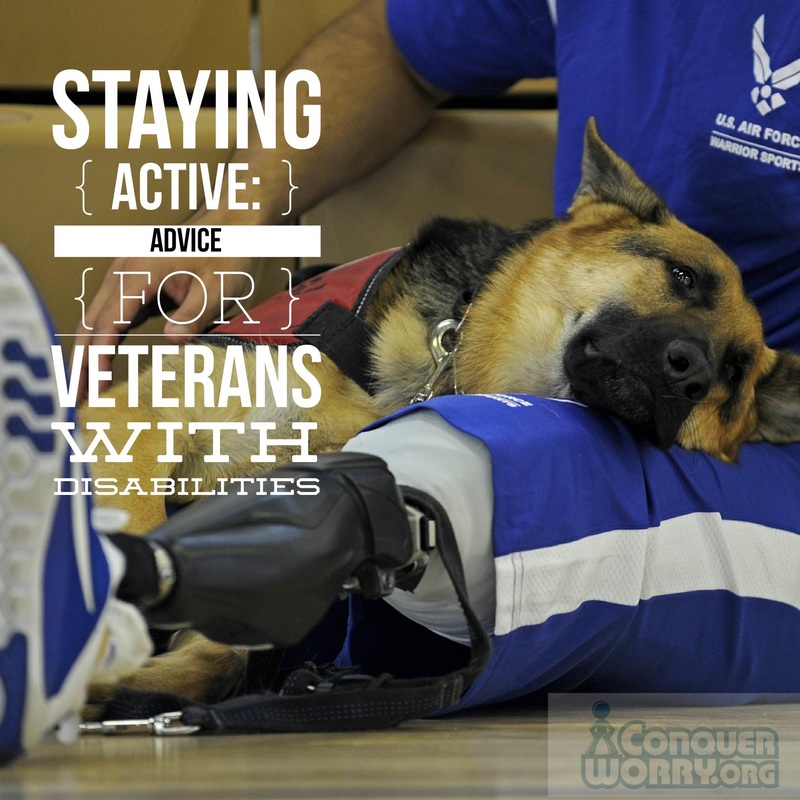
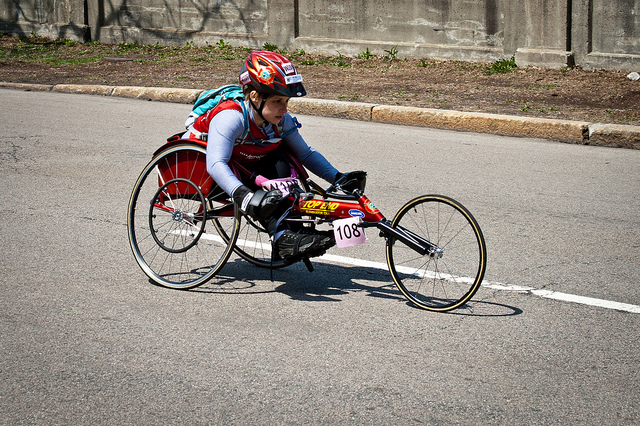
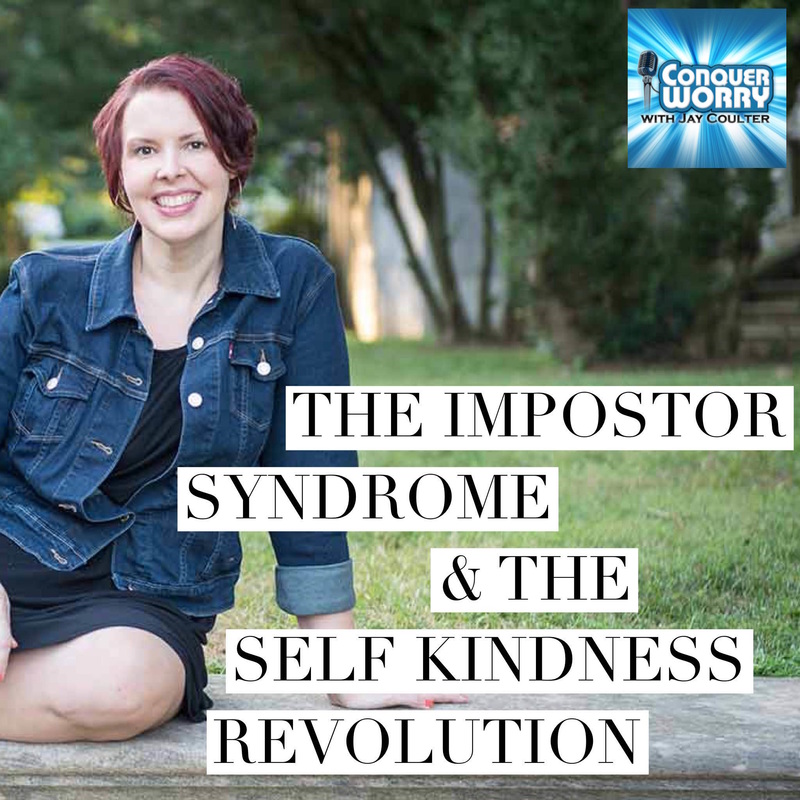

 RSS Feed
RSS Feed





